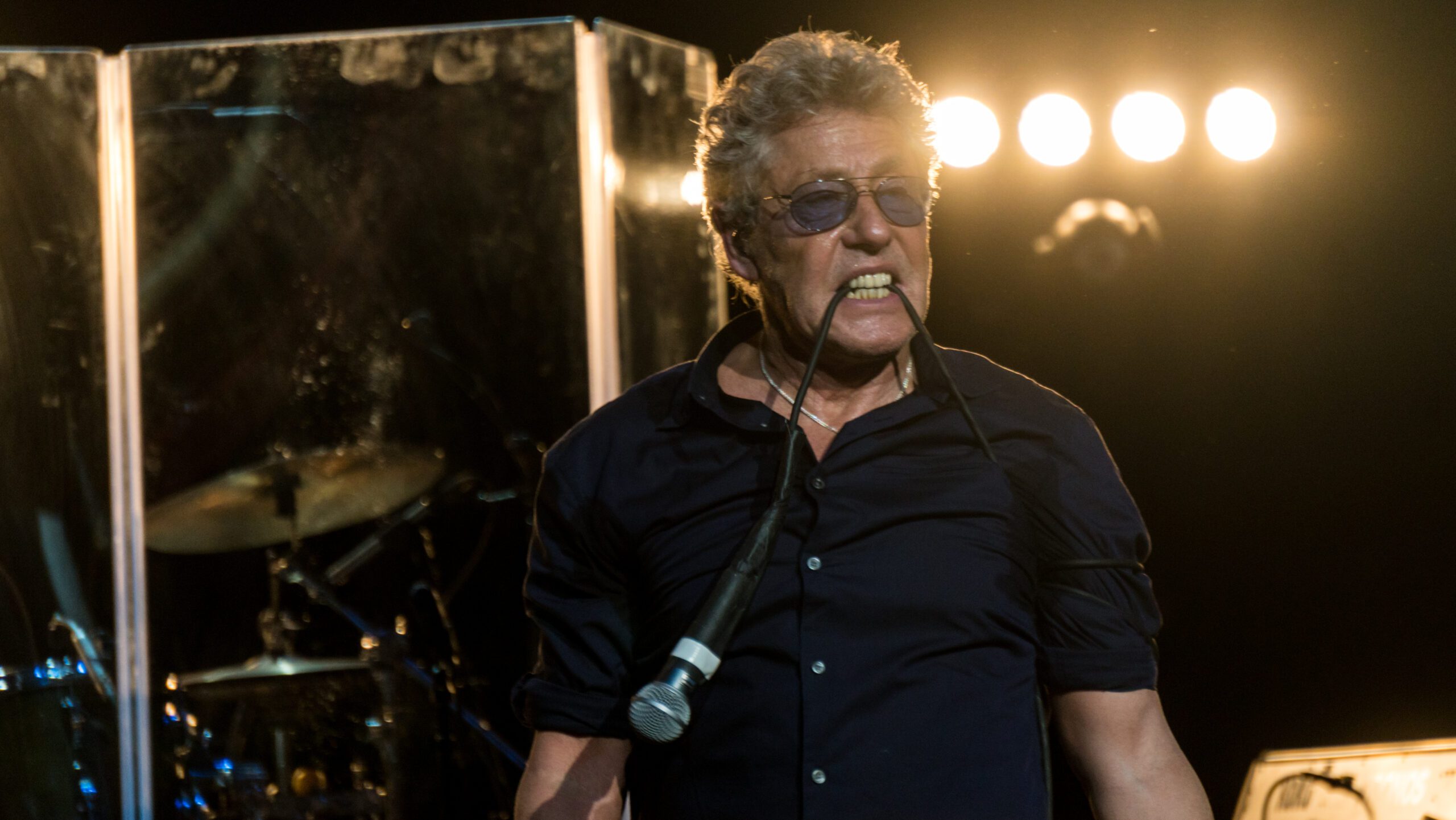In a recent episode of Shaun Keaveny’s Daily Grind podcast, iconic musician Roger Daltrey shared his apprehensions regarding the potential impact of artificial intelligence (AI) on the music industry. Daltrey, best known as the lead vocalist of the legendary rock band The Who, voiced his concern, emphasizing the irreplaceable essence of empathy in music creation and expression.
“The one thing I totally believe AI will never have, and it will be its downfall – it will never have empathy,” Daltrey asserted, setting the tone for his apprehensions. He expressed a deep-seated fear that AI’s lack of empathy could pose a significant threat to the integrity and emotional resonance of music.
Daltrey cautioned against the unchecked proliferation of AI in music production, warning that it could potentially lead to the downfall of the industry if not approached with caution. “It’s going to destroy the music industry if we’re not careful… music is a different language, and we shouldn’t let AI control that,” he stressed, highlighting the unique human element that defines the art form.
Continuing his critique of AI’s capabilities, Daltrey remarked, “That will always contain empathy, and AI can’t do that. I won’t ever believe if AI can ever do empathy, then we are (done for).” His sentiments underline a broader concern within the artistic community about the role of technology in shaping creative outputs and the preservation of human expression in an increasingly digitized landscape.
Daltrey’s comments add to a growing conversation about the intersection of AI and creativity, raising important questions about the balance between technological advancement and the preservation of artistic authenticity. As the music industry continues to evolve in the digital age, Daltrey’s warning serves as a poignant reminder of the invaluable role of human emotion and empathy in music creation and consumption.
The impact of AI on the music industry remains a topic of ongoing debate, with proponents arguing for its potential to revolutionize production processes and enhance creative possibilities, while critics like Daltrey advocate for a cautious approach to safeguard the essence of musical expression. As the industry navigates these complexities, Daltrey’s impassioned plea for empathy in music serves as a timely call to prioritize human connection amidst technological innovation.
Photo credit: Raph_PH.
For more music industry news, click here.
To start your FREE trial of VELCOA, click here.
